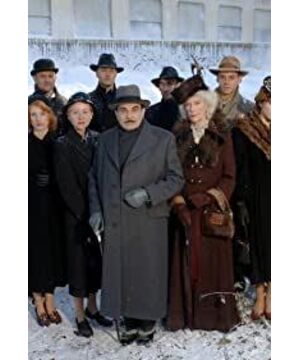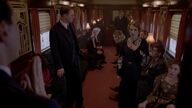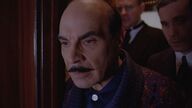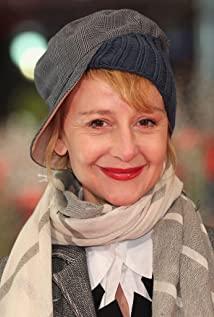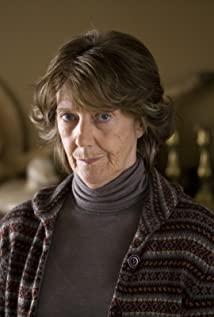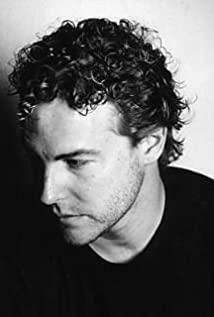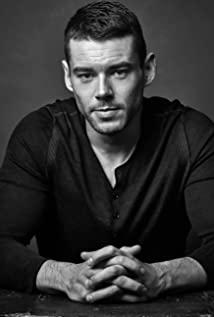The original work is so wonderful, I always feel that the adaptation is too different from the performance of the actors. This version of the adaptation is very unacceptable, only the old lady and the victim perform the feeling in the novel.
The previous case in Syria can be completely omitted, but it is not mentioned in the novel to see Poirot from the perspective of a French lieutenant. When I originally read it, I fantasized about the internal power struggle of the French army stationed in Syria. The dark tide was surging, and it turned out to be a love murder? ? At the beginning of the novel, only Mr Ratchett knew the identity of Poirot on the Orient Express, and the murderer did not know, so he took a risk and was unfortunately exposed due to accidents such as snow parking. Bouc made Poirot's identity known to everyone at the stage of ticket checking in the TV series, making the murderers appear bolder. This change is neither good nor bad. The part about checking the ticket and getting on the train is better. Mary Debenham witnessed that Bouc, the director of the Orient Express, wanted to take Poirot on the train. After getting on the train, he quickly (the performance in the play was very flat) informed the other passengers in the car, and then one of the more The lady of status went to the door of the car, claiming that M. Harris was her friend, and that Poirot had no right to occupy his seat, intending to prevent outsiders from boarding the car. I think this adaptation is good. After all, the TV series only has an hour and a half, so try your best to lay the groundwork in the front, so that the reverse will not fail.
View more about Murder on the Orient Express reviews


